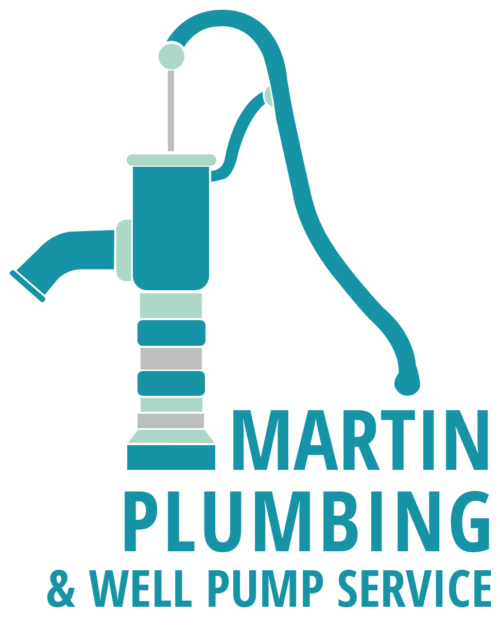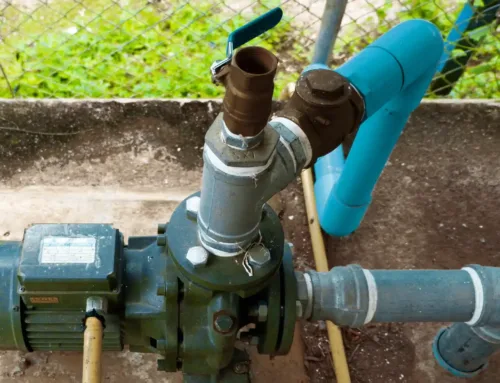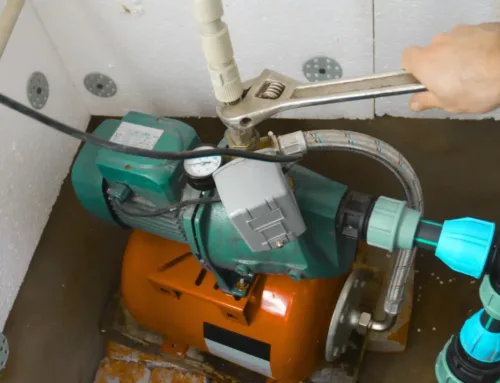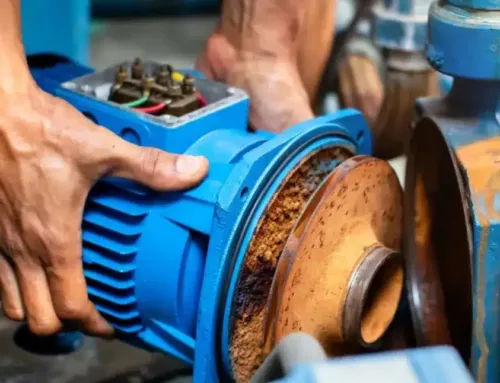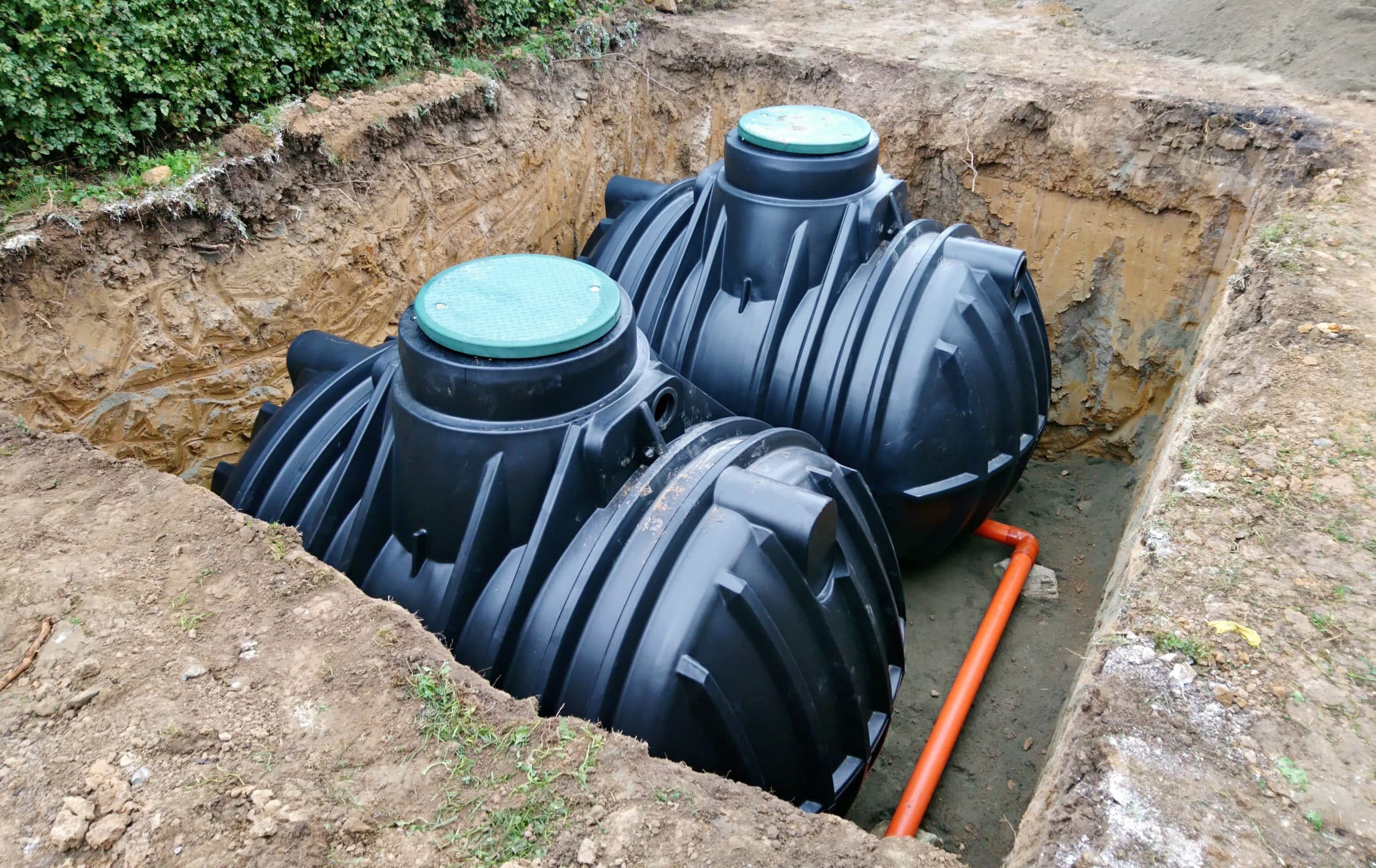
Having a septic system fail on you can not only be a nuisance but also become a public health hazard. This is why when you experience any problem with your septic system it needs to be fixed ASAP. Usually a septic system will fail due to biological or mechanical problems. Here is a list of common Septic Tank Problems and how to solve them:
Poor or no maintenance
Problem: Lack of proper maintenance is a leading cause of premature septic system failures. For instance, if you do not clean the outlet filter regularly, it might get clogged thereby leading to failure of the entire septic system. In a bid to reduce wanton neglect of septic systems, the government has made it mandatory for septic system owners to pump them every couple of years.
Solution: Make sure to pump your septic tank after a couple of years or as is needed. We also recommend adding biological additives periodically to help improve septic system health and efficiency.
Using harmful products
Problem: Most septic system owners unknowingly use lots of harmful products. Products like bleach, solvents, detergents, drain washers, antibacterial soaps are made from chemicals that can drastically reduce the bacteria and enzyme population in the septic tank. In fact, the average septic system has over a hundred traceable chemical compounds.
Solution: Avoid using products that might harm your septic system.
Flushing non-biodegradable items
Problem: Apart from human waste, the only other thing that is safe to flush in the toilet is tissue paper. Unfortunately, people flush all manner of things including condoms, floss, hair, expired pharmaceuticals, and facial tissue. These products contribute to the tank filling up too fast and some of them can even clog up the pipes.
Solution: Do not flush anything in your toilet apart from human waste and tissue paper.
Hydraulic overload
Problem: Hydraulic overload is when too much water is sent to the septic tank at a go. Whenever the tank receives too much water, it is forced to release wastewater prematurely into the drain field. Hydraulic overload, therefore, leads to effluent surfacing on the yard or backups in the house.
Solution: In order to prevent this overload, avoid doing too much laundry in one day and fix any leaks in the fixtures as soon as you notice them.
Poor design and installation
Problem: Different locations have different soil types, bedrocks, groundwater levels, and gradient. Ignoring such factors when designing the septic system will lead to the design of a system that will cause lots of problems for the owner.
Solution: For best results, the septic system must be designed and installed as per the unique requirements on the property. Make sure to consult a qualified engineer and invite them to do a site inspection in order to furnish you with the information you need to choose the best design for your septic system.
Physical damage
Problem: Driving, paving or constructing over the septic tank can result in physical damage of some important components of the septic tank. The tank or the pipes might shift or break and this will result in the malfunction or failure of the system.
Solution: Avoid driving, construction or any other physical activity that might exert undue pressure above and around the septic tank
Root damage
Problem: Roots are very intrusive and they will push themselves into the pipes thereby resulting in a clogged up system. Over time, the roots can also burst the pipes as well as cause damage to the septic tank thereby causing leakages.
Solution: As a rule of thumb, avoid planting trees and shrubs near the septic tank.

SEND US A MESSAGE
Fill out the form below and we will get back to you as soon as possible.
If you require immediate assistance, we are available 24 hours a day, 7 days per week by calling us at (860) 377-0018.

